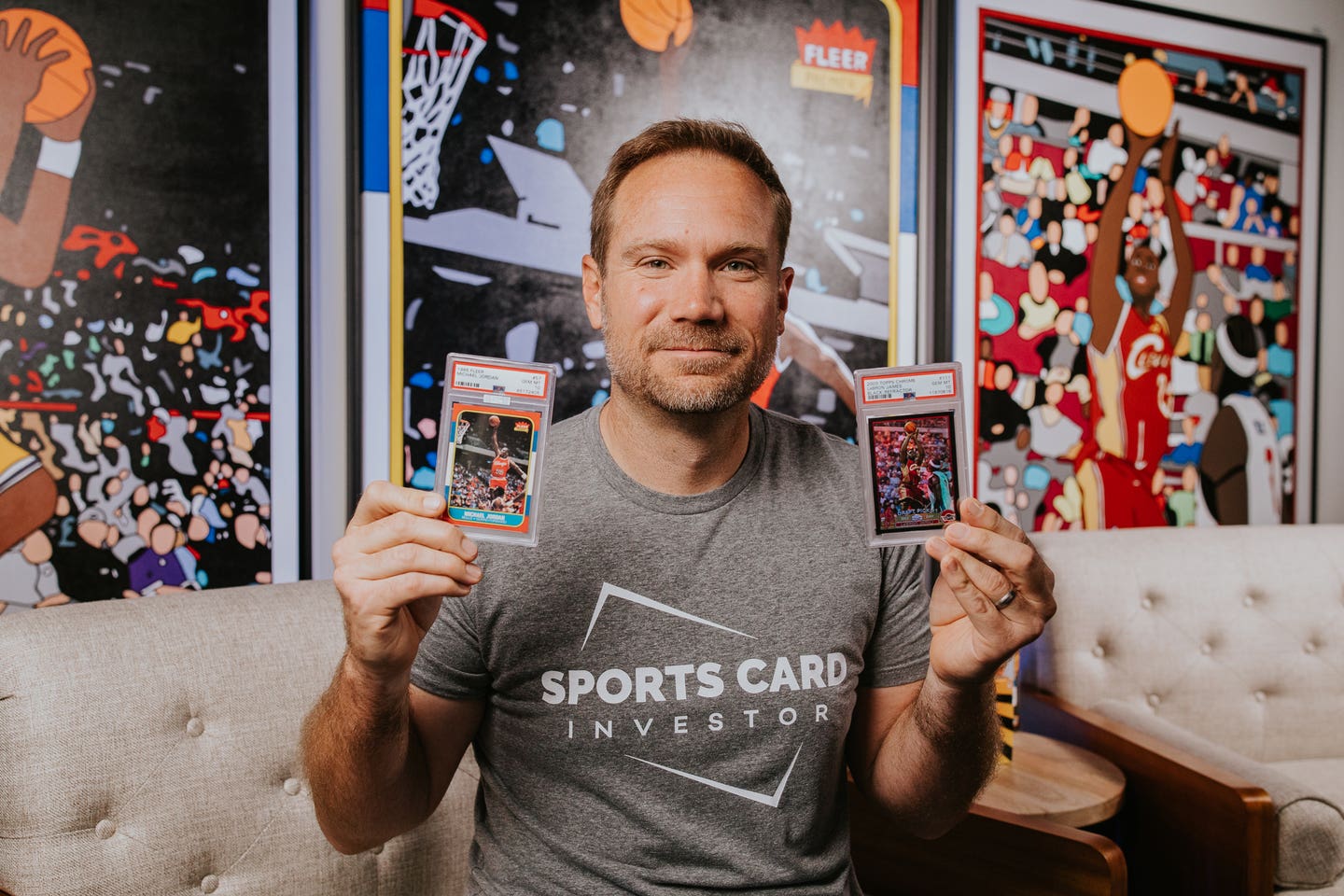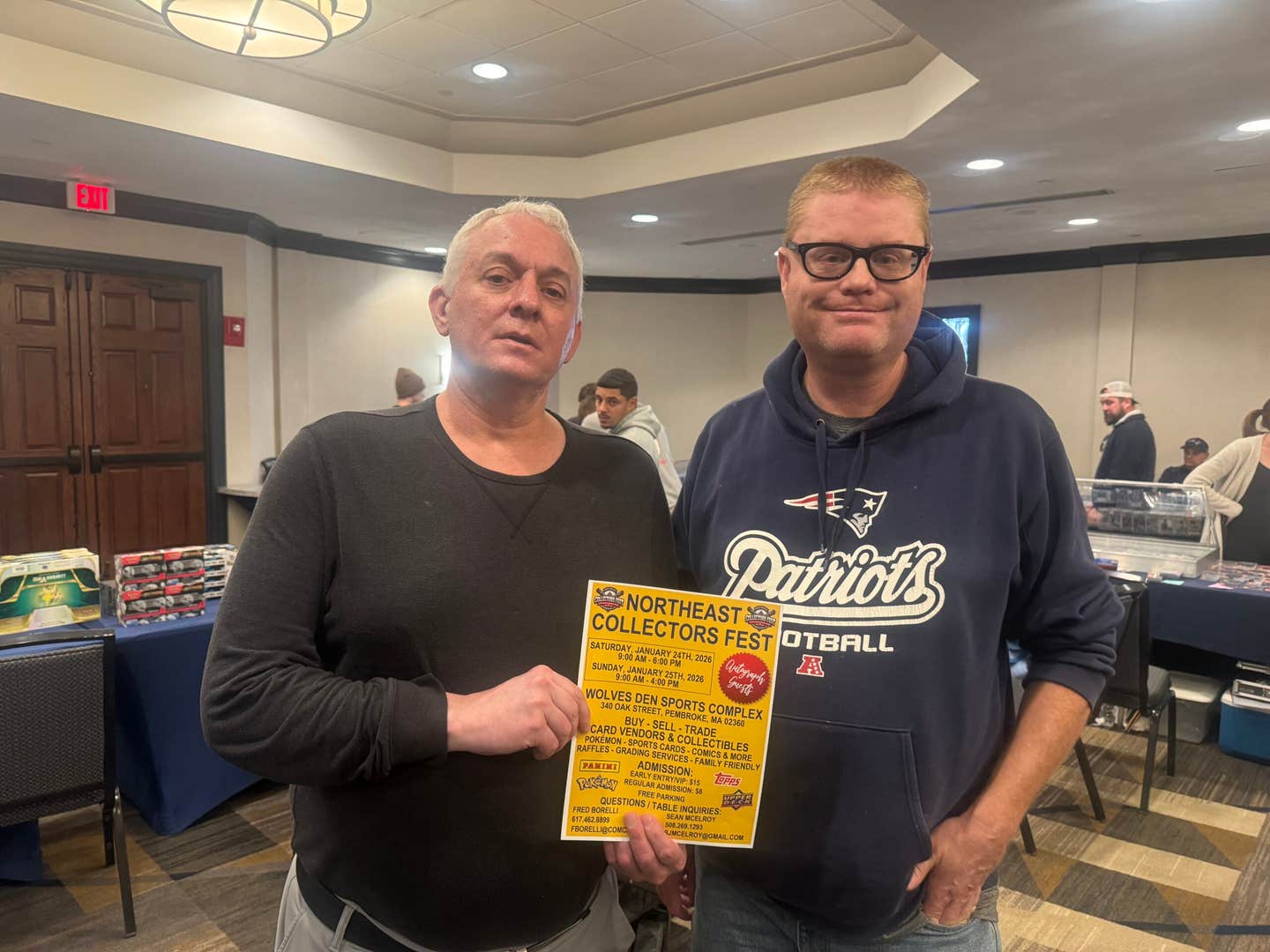News
SABR and the Dr. Harold Seymour controversy …
The Society for American Baseball Research is one of my all-time favorite organizations, so I did a double take when I saw that SABR had wound up on the first page of the Sunday New York Times Sports Section two days ago.
http://www.nytimes.com/2010/03/07/sports/baseball/07sabr.html
According to the bylined Times article, Dorothy Jane Mills, the widow of famed baseball historian Dr. Harold Seymour had objected when SABR announced the names of the organization’s Henry Chadwick Award winners – what the Times called SABR’s de facto Hall of Fame – and the citation about Seymour had included only “glancing mention” of his wife’s role in the writing of his acclaimed three-part history of the game of baseball.
I was familiar with the unusual circumstances of the controversy, having read about it many years ago, though I don’t recall where. Dr. Seymour’s trilogy, produced over a 30-year span starting in 1960, was an undertaking that had its genesis as his doctoral dissertation at Cornell University.
When the first volume, Baseball: The Early Years, was published in 1960, it listed only Seymour as the author, the same situation that prevailed for the second leg, Baseball: The Golden Years, published 12 years later. While she was listed in acknowledgments in both, her contention was that the more accurate role should have been as co-author.
By the time the final piece of the trilogy was published in 1990, Dr. Seymour was suffering from Alzheimer’s disease and Mills insisted that she had written most of the final book herself. She asked her husband for co-author credit, but he would not agree. After he died two years later, Mills remarried and 12 years later revealed in her autobiography A Woman’s Work, that she had been the primary researcher and essentially the co-author of all three volumes.
When I first read about this so many years ago, I was intrigued by such an awkward situation involving a husband and wife and, what the Times article described as “intellectual spousal abuse.”
SABR officials navigated these treacherous waters about as well as anybody could have hoped, with the legendary John Thorn, a member of the committee making the Chadwick awards, diplomatically announcing after the initial uproar that Mills would be honored equally with her deceased husband.
I was surprised at nothing in the story, since my initial amazement had come years earlier when I first read about the disputed authorship. Talk about being put in a tough spot: SABR found itself having to make a decision about the authorship of an iconic book trilogy nearly two decades after Dr. Seymour’s death.
My own theory, formulated back when I first read about it years ago, was that since the “book” had started out as his dissertation, the important questions about authorship got magnified even more. At the time I thought it was a heartbreaking story, with a woman from well before the feminist era seemingly finding herself relegated to decidedly second-class status when it comes to the recognition of such an historic work.
I read all three books, the last two at roughly the time of their individual releases, and was just awed by the scholarship involved. I had been reading about baseball history since I was old enough to read at all, and there was a boatload of stuff here that I hadn’t known. If you haven’t read the books, I’d urge you to do so.
And as a final note, if you love baseball history and the numbers that go with it, I’d similarly urge you to join SABR.
http://www.sabr.org/
In terms of being a first-class operation, I’d liken it to the National Geographic folks, who along with creating a vibrant organization, provide their membership with an annual roster of publications that are worth infinitely more than the membership fee.
And for a really good time, go to one of their National Conventions. In its own way – with commerce relegated to a decidedly peripheral role relative to scholarship – it’s on par with our own National.








